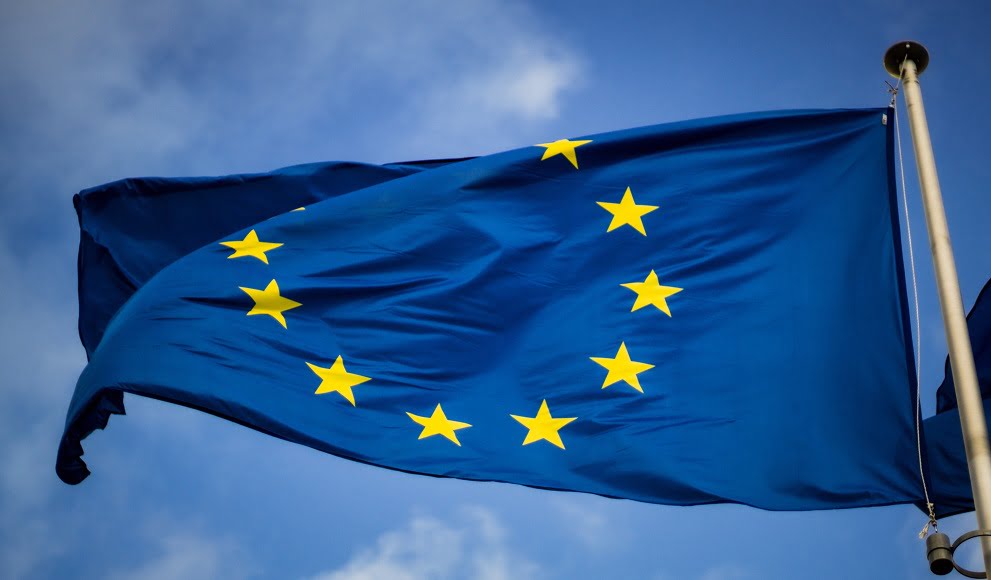
EU AI Act: Companies Must Disclose Copyrighted Material Used in Generative AI
Artificial intelligence (AI) has become increasingly prevalent in recent years, and the European Union (EU) has been taking steps to regulate the technology to protect citizens’ rights and foster innovation while balancing concerns over privacy and security. Recently, the EU made a significant move toward comprehensive AI regulation by agreeing that companies deploying generative AI tools, such as ChatGPT, must disclose any copyrighted material used to develop their systems.
Contents
Overview of the EU AI Act
The EU began drafting the AI Act nearly two years ago to regulate the emerging technology, which underwent a boom in investment and popularity following the release of OpenAI’s AI-powered chatbot ChatGPT. Members of the European Parliament recently agreed to push the draft through to the next stage, the trilogue, during which EU lawmakers and member states will finalize the details of the bill.
Under the proposed legislation, AI tools will be classified according to their perceived risk level, from minimal through to limited, high, and unacceptable. Areas of concern could include biometric surveillance, spreading misinformation, or discriminatory language. While high-risk tools will not be banned, those using them will need to be highly transparent in their operations.

Companies must disclose copyrighted material used in developing their generative AI tools
Companies deploying generative AI tools, such as ChatGPT or image generator Midjourney, will also have to disclose any copyrighted material used to develop their systems. This provision was a late addition drawn up within the past two weeks, according to a source familiar with discussions. Some committee members initially proposed banning copyrighted material being used to train generative AI models altogether, the source said, but this was abandoned in favor of a transparency requirement.
This means that companies will have to reveal any copyrighted material used in developing their AI models, including text, images, and videos. This requirement is aimed at ensuring that AI developers respect intellectual property rights and prevent potential copyright infringement. Companies must also disclose any other training data used to develop their AI models to ensure transparency and accountability.
Implications for companies using generative AI
The requirement to disclose copyrighted material used in developing generative AI tools will have significant implications for companies in the field. Some companies, such as OpenAI, have already made public the training data used to develop their AI models, but others have not. The new requirement could pose challenges for companies that have not been transparent in the past.
Furthermore, the requirement could result in a shift in the way AI models are developed, with companies having to rely on more open-source data to train their models rather than copyrighted material. This could lead to a more diverse and inclusive AI landscape, as more companies will be able to access and use open-source data to develop their models.
The EU’s early agreement on the AI Act marks a significant step toward comprehensive AI regulation. Companies using generative AI tools, such as ChatGPT, will have to disclose any copyrighted material used to develop their systems. This requirement will promote transparency and accountability and prevent potential copyright infringement. However, it could pose challenges for companies that have not been transparent in the past and lead to a shift toward more open-source data for AI model development.



